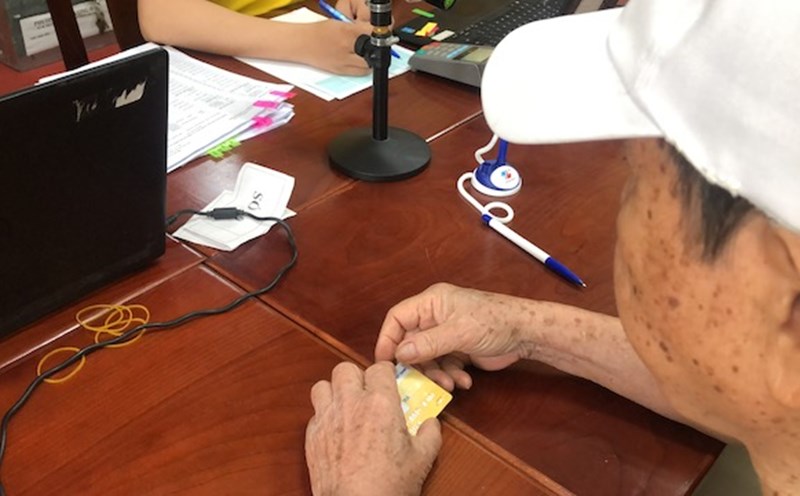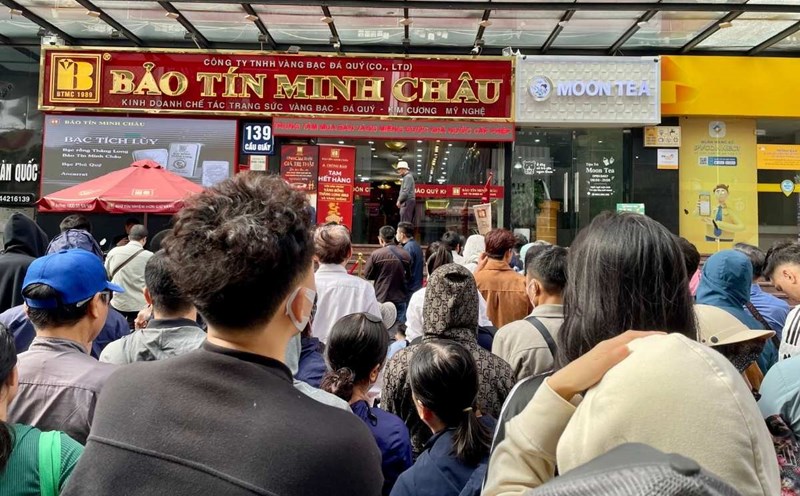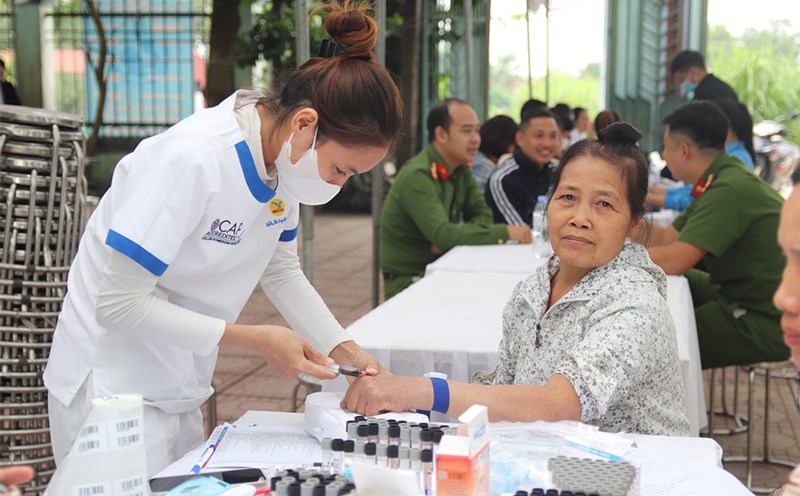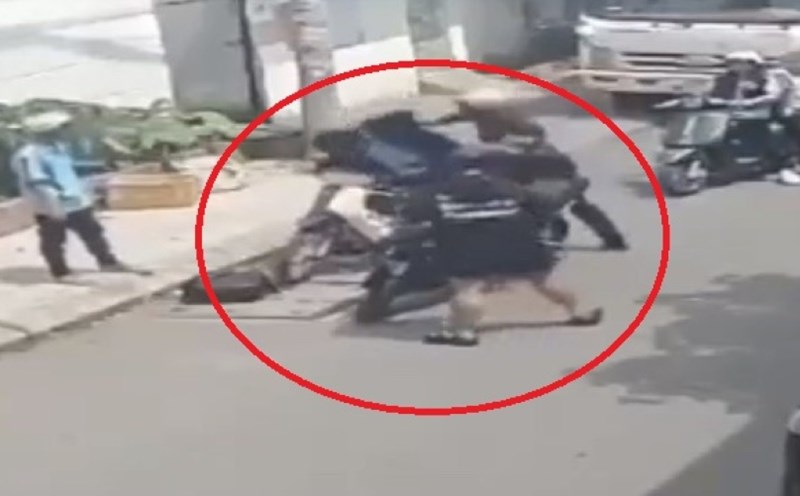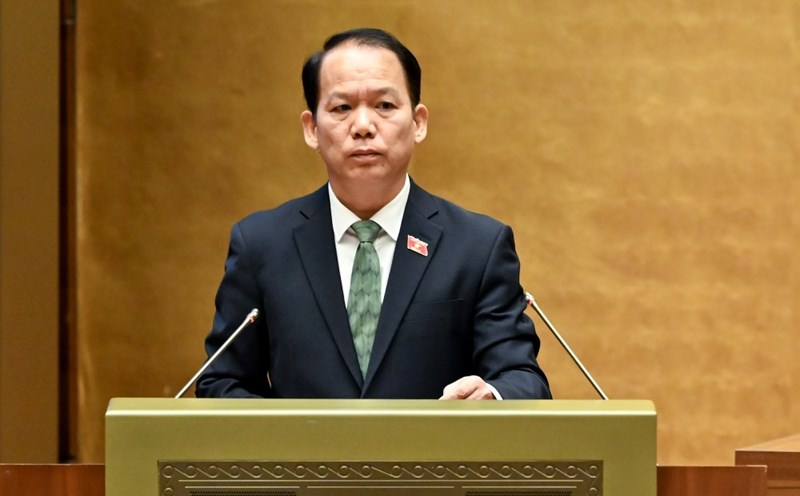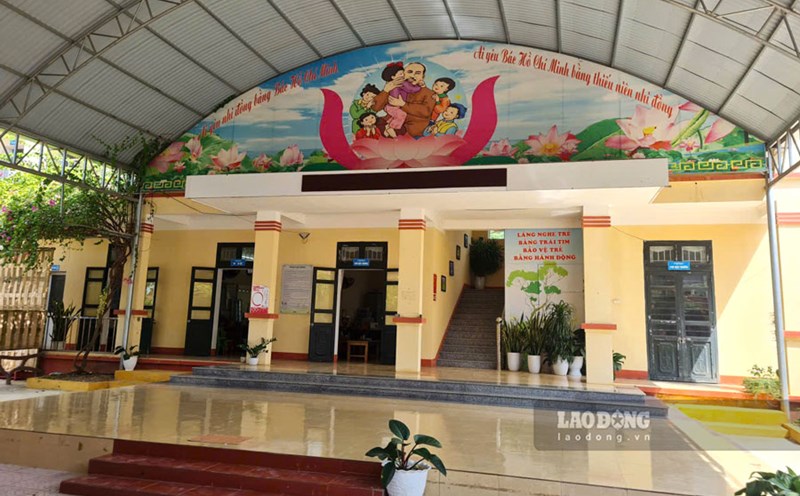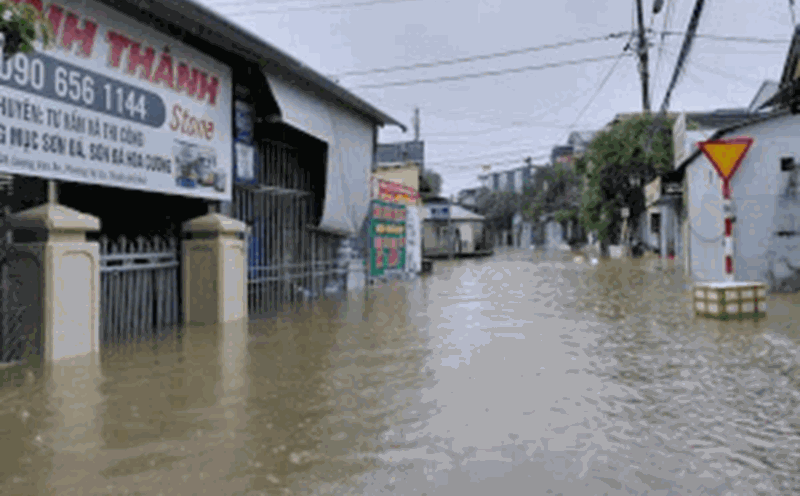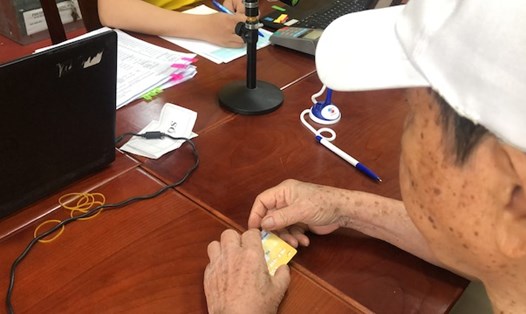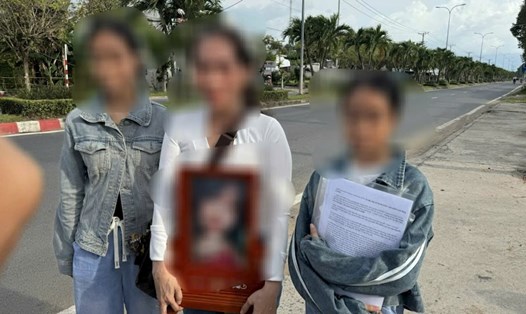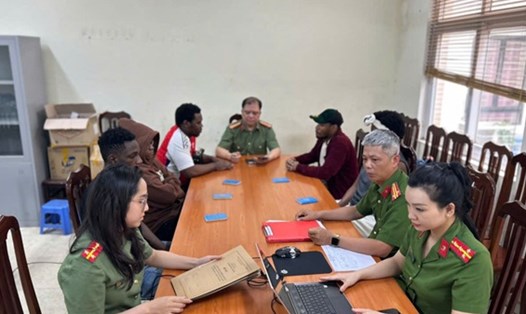On October 27, continuing the program of the 10th Session, the National Assembly listened to Politburo member and Permanent Deputy Prime Minister Nguyen Hoa Binh report a summary of the draft Law on the Executive Committee on temporary detention, temporary imprisonment and ban on leaving the place of residence.
Draft law regulating the organizational system and model of management agencies, implementing temporary detention, temporary detention, and prohibition of leaving the place of residence; implementing decisions prohibiting leaving the place of residence; complaints and denunciations in management and implementation of temporary detention, temporary detention, and prohibition of leaving the place of residence;...
Thereby, the draft law focuses on basic contents such as expanding the scope of regulation of the law, adding regulations on the implementation of preventive measures prohibiting travel from the place of residence.
The draft law has added specific regulations on the order and procedures for implementing preventive measures to prohibit leaving the place of residence; rights and obligations for people subject to preventive measures to prohibit leaving the place of residence and other related contents.
Complete regulations to improve the effectiveness of management and supervision of detainees and detainees.
The draft law has added a number of provisions such as transferring those arrested under wanted decisions to the agency that issued the wanted decision, when there is a extradition decision by the competent authority; regulations on transferring those detained and those detained.
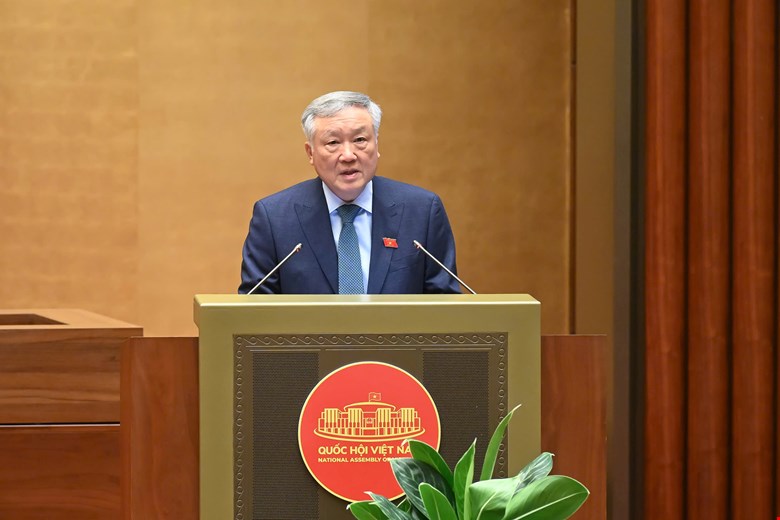
Presenting a summary report on the draft law, Chairman of the Law and Justice Committee Hoang Thanh Tung said that expanding the scope of regulation compared to current law to supplement regulations on the implementation of measures to prevent and prohibit leaving the place of residence is necessary to overcome difficulties and obstacles in the implementation of this measure in practice.
However, the Committee proposes to continue to clarify and revise some contents such as ensuring the rights of those detained or imprisoned.
Regarding the responsibility of the People's Committee at the commune level in managing and monitoring people subject to preventive measures to prohibit them from leaving their place of residence.
The majority of opinions in the Committee agreed to assign this task to the People's Committees at the commune level; The Head of the Commune-level Police is directly responsible for assisting the People's Committees in managing and monitoring those subject to preventive measures to prohibit them from leaving their place of residence as prescribed in the draft law.
To clearly define the responsibilities of agencies, it is recommended to provide more specific regulations on the tasks and powers of the People's Committees at the commune level and the Chief of the Commune-level Police in organizing implementation.
Some opinions suggested not assigning the People's Committee at the commune level the task of managing and monitoring people subject to preventive measures to prohibit them from leaving their place of residence, but only assigning the Commune-level Police Chief to perform this task to implement the policy of promoting decentralization and delegation of authority; one thing is only assigned to one agency to implement and take primary responsibility.
Regarding the rights and obligations of people subject to preventive measures to prohibit leaving their place of residence, based on the concept of residence under the current Residence Law, there are opinions suggesting clarifying the regulation on prohibiting leaving the place of residence in Article 42 of the draft law on which areas are prohibited from leaving.
Regarding the settlement of the case where a person subject to preventive measures is prohibited from leaving the place of residence and changing his or her place of residence or work, the majority of opinions in the Committee proposed to revise the regulation in the direction that only in cases where a person who is allowed to work abroad has changed his or her place of residence, workplace or study place.

